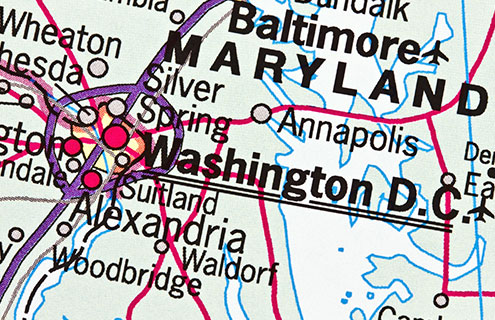The District of Columbia (DC) licensed 17 new captive insurance companies last year, the largest growth in terms of captive formations since 2015.
Statistics from the District of Columbia Department of Insurance, Securities and Banking also revealed that the captive growth was a significant rise on 2017 when there were just three new captives licensed.
Additionally, the statistics showed that three captives closed in 2018, the same number as in 2017 and a drop in comparison to 2016 (six closures).
As of 31 December 2018, there were 154 active captives in DC, which included 39 pure captives and 21 pure captive cells, 37 risk retention groups (RRG), 12 rental captives and 23 rental captive cells, 11 association captives and two association captive cells, three agency captives and three agency captive cells, and three branch captives.
Sean O’Donnell, director of financial examination–risk finance bureau, DC Department of Insurance, Securities and Banking, commented: “The majority of new formations were protected cell companies (PCCs) or cells, which continues a trend over the last four to five years.”
“Of the 17 new risk-bearing entities, 15 were either PCCs or cells. We expect to see PCCs and cells continuing to be popular.”
O’Donnell revealed that only one RRG was licensed last year, which was a decline in formations for the structures.
He explained: “We have licensed at least 2 RRGs every year since 2010, and in some of those years as many as five. We expect to see RRG formations remain flat compared to recent years.”
O’Donnell added that redomestications had risen in 2018, a trend which the department expected to see continue.
“We saw an increase in redomestications in 2018, with several captives redomesticating in to DC as well as 1 captive redomesticating out of DC.”
“We expect redomestication activity to continue in 2019.”




.jpg)

